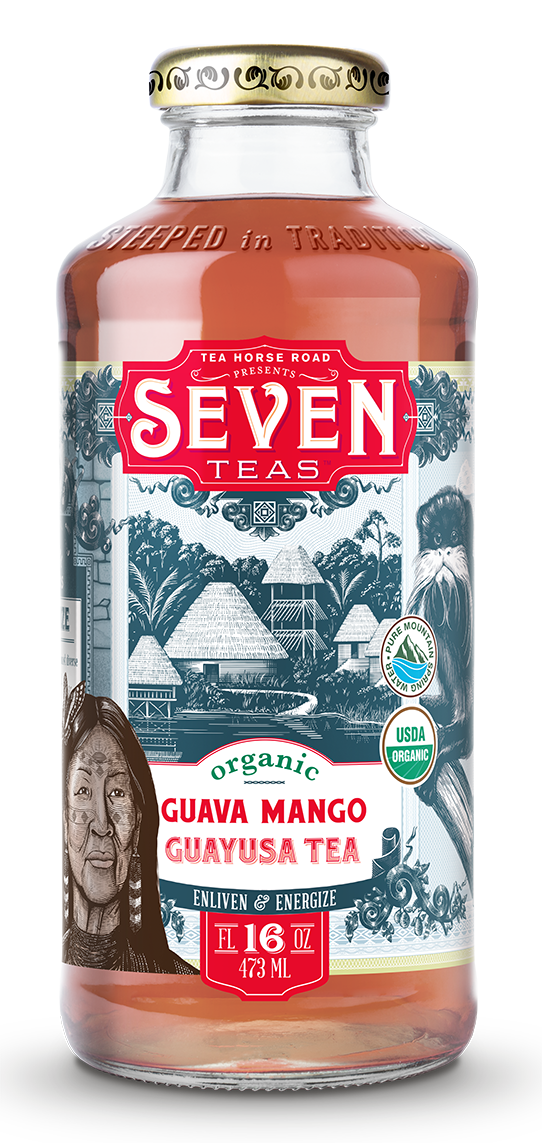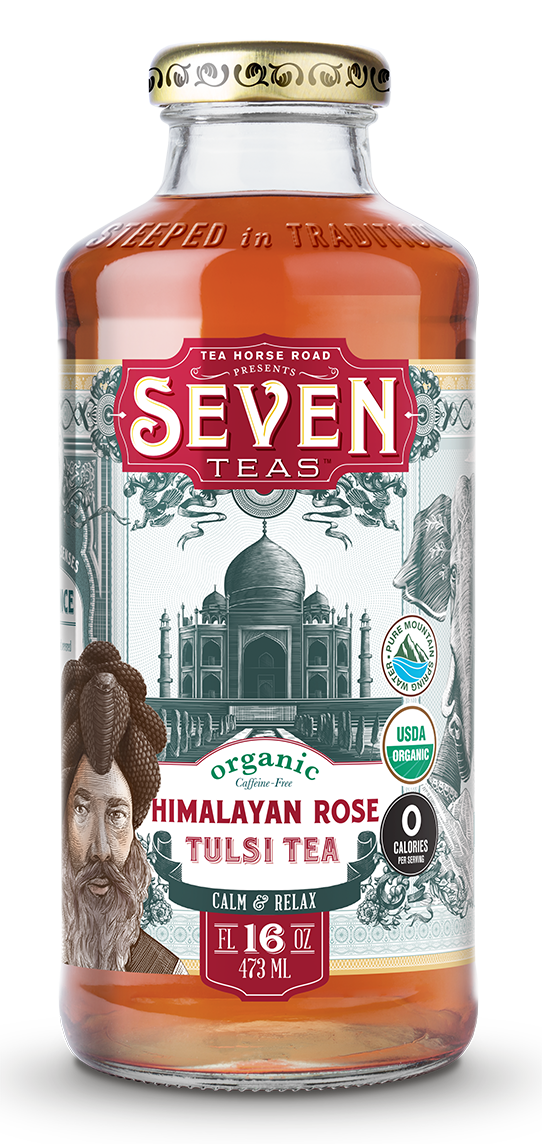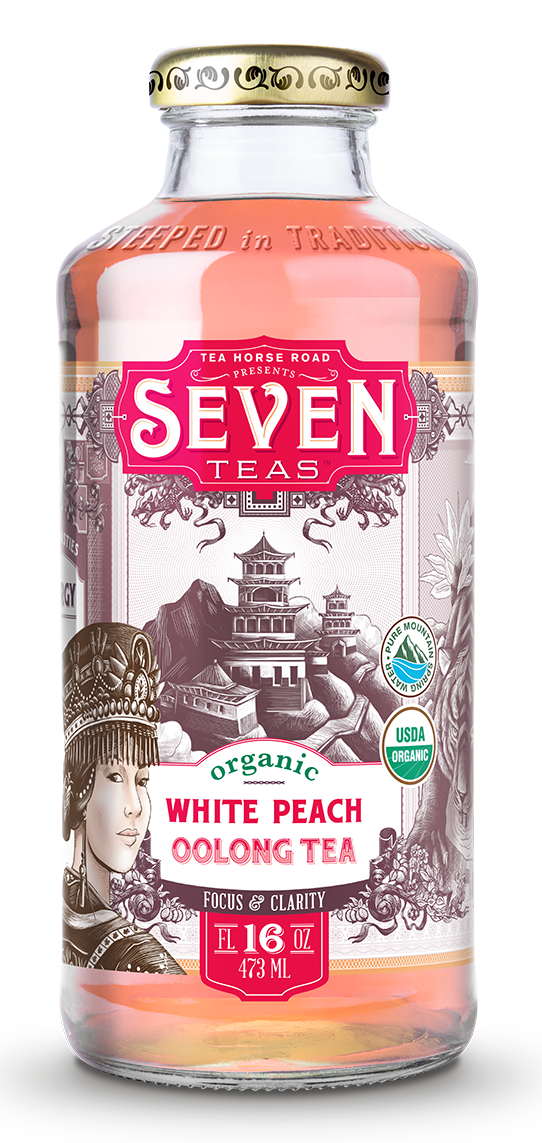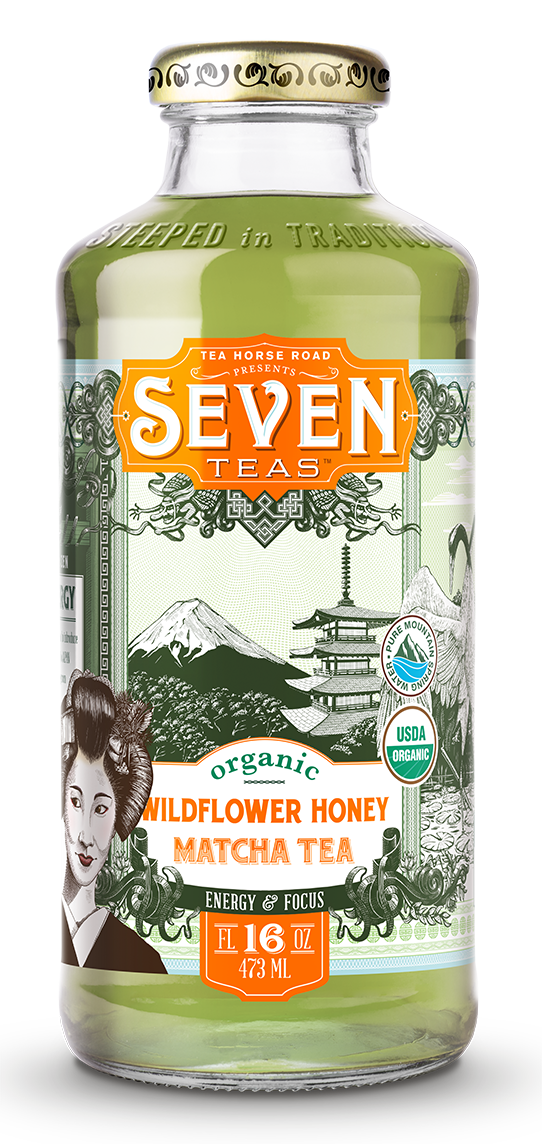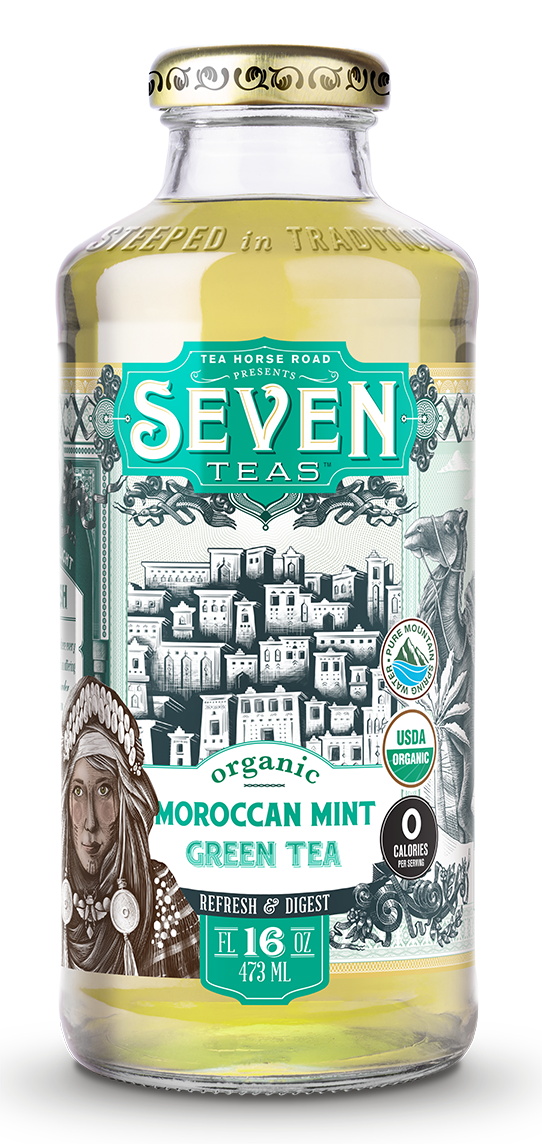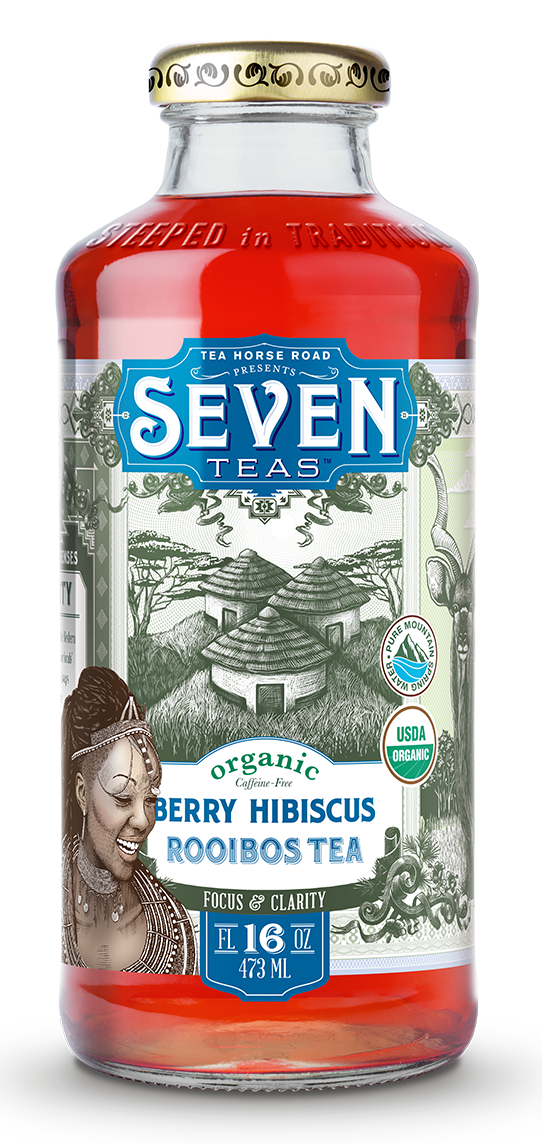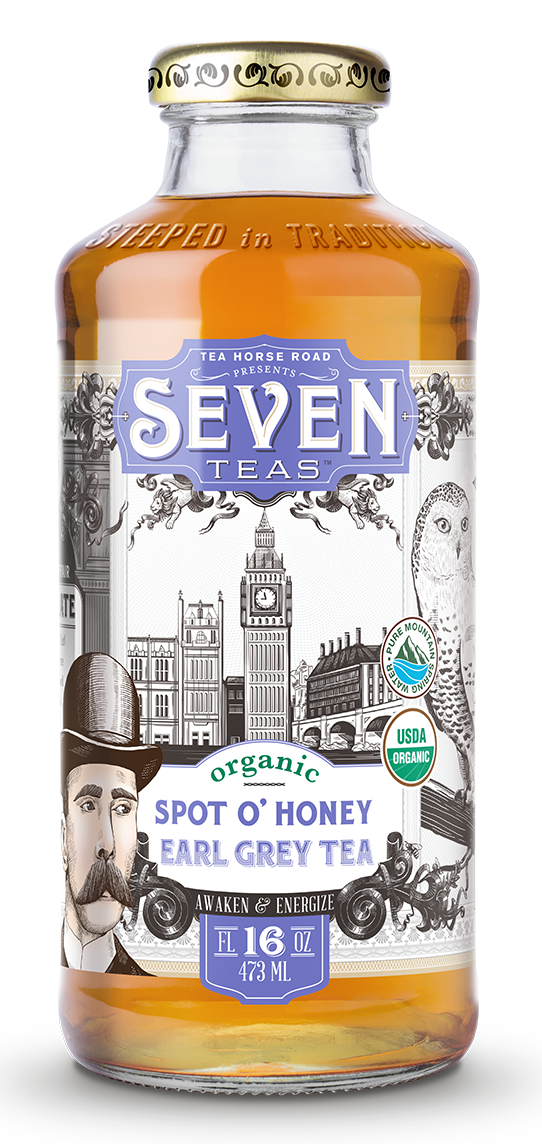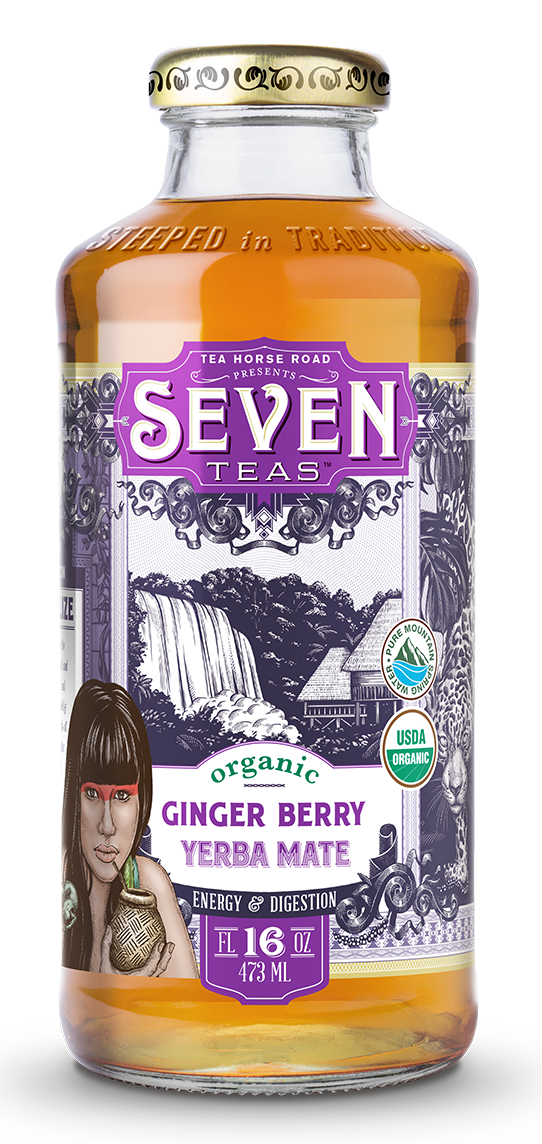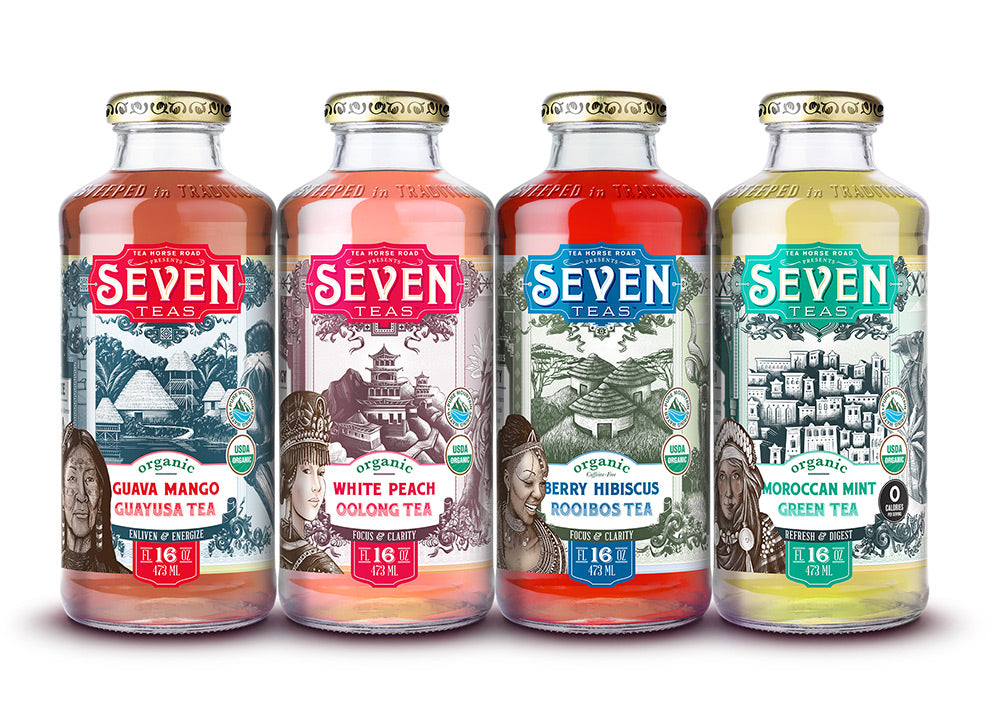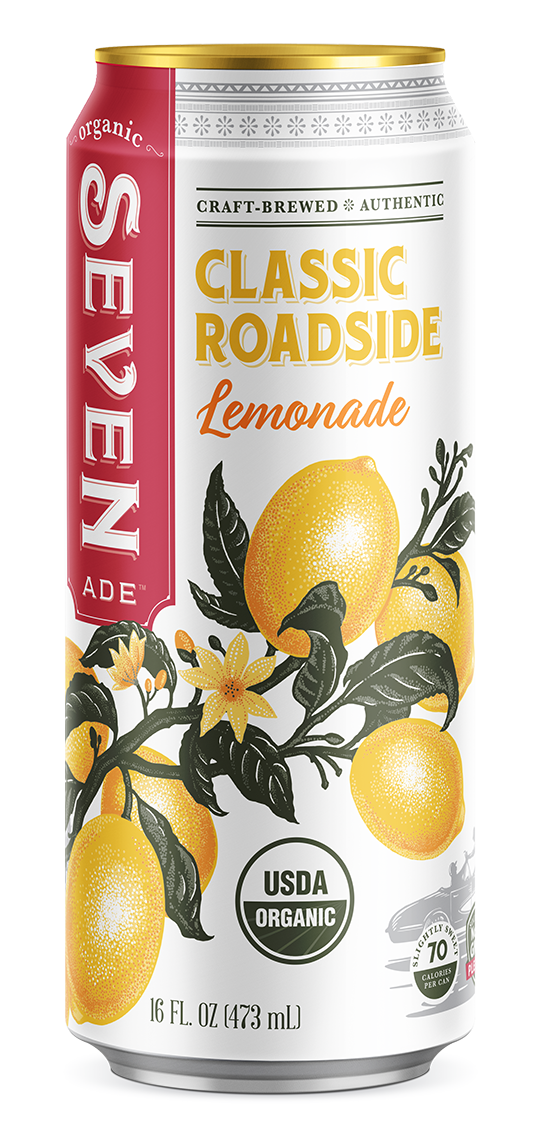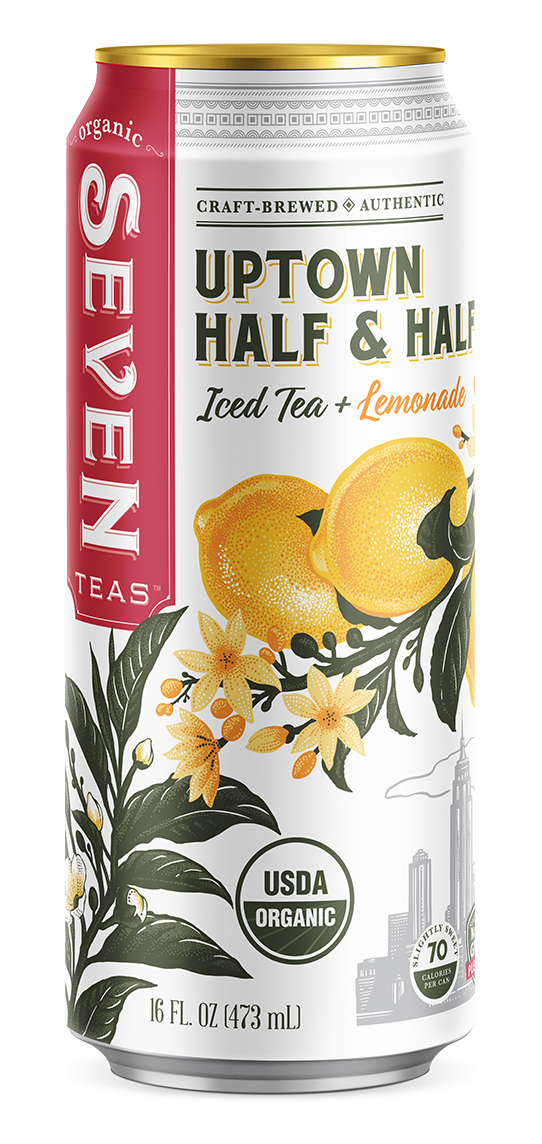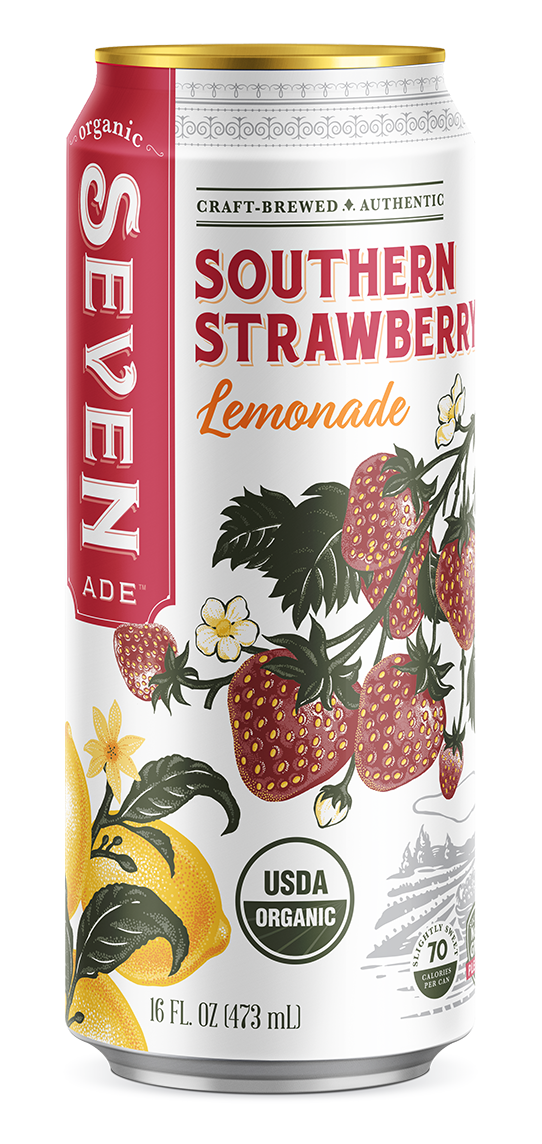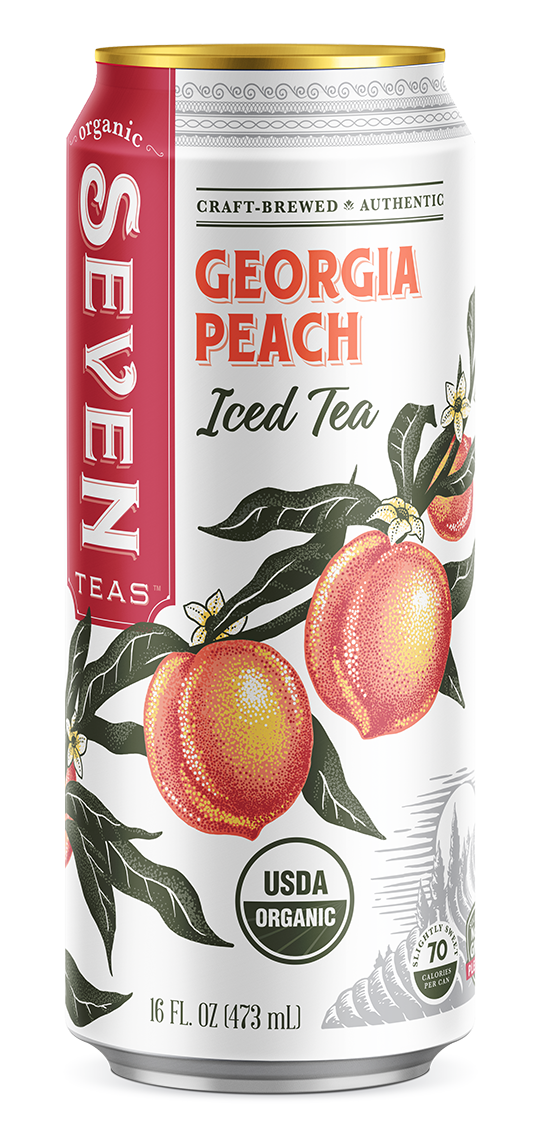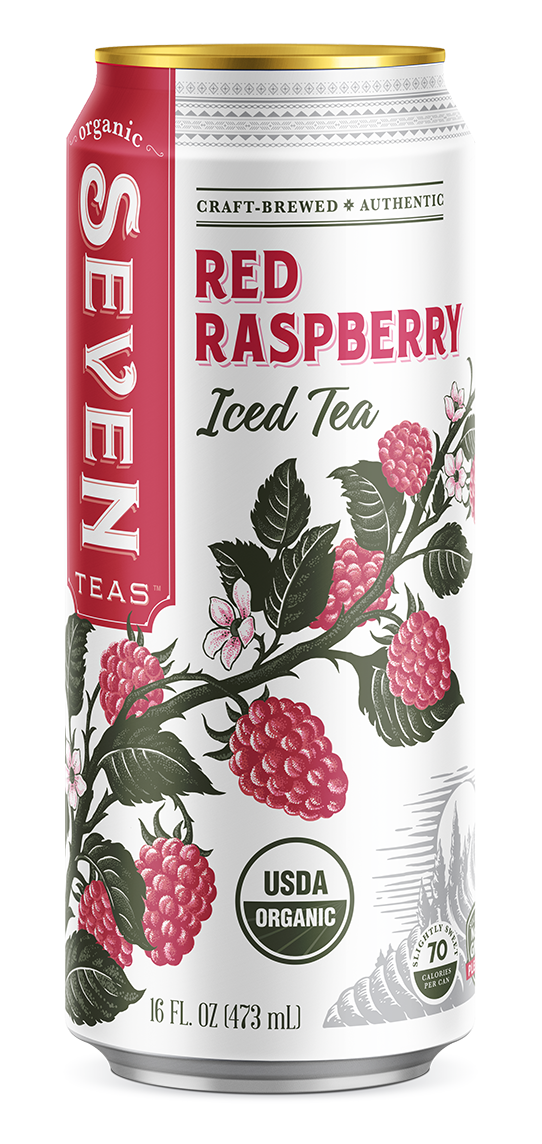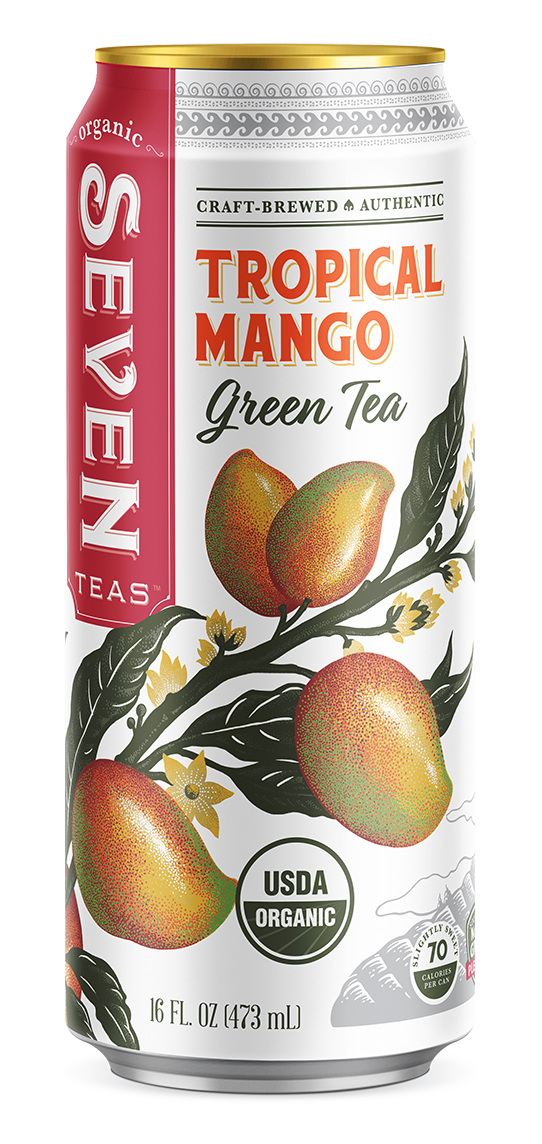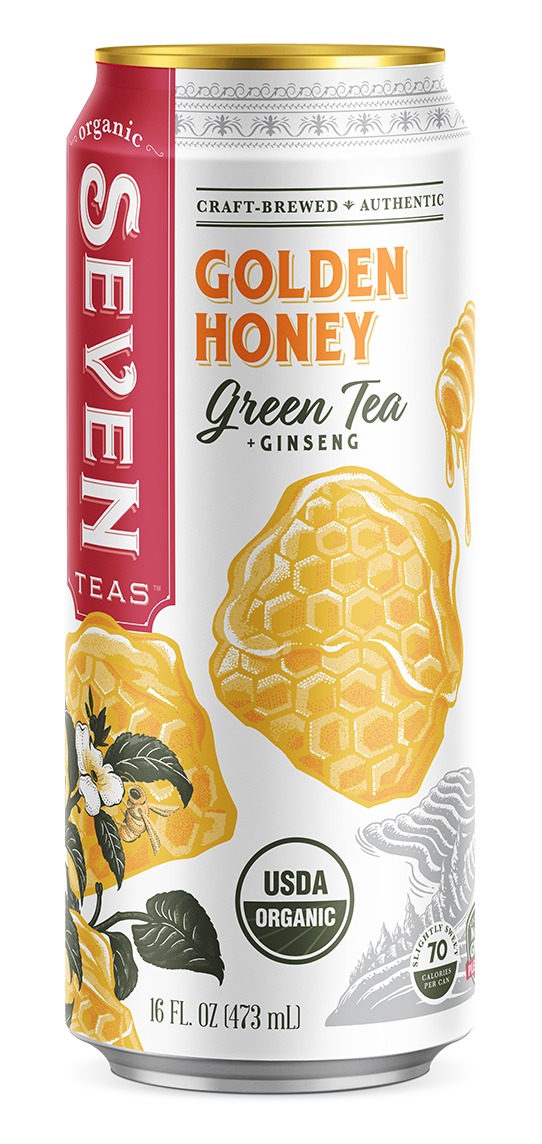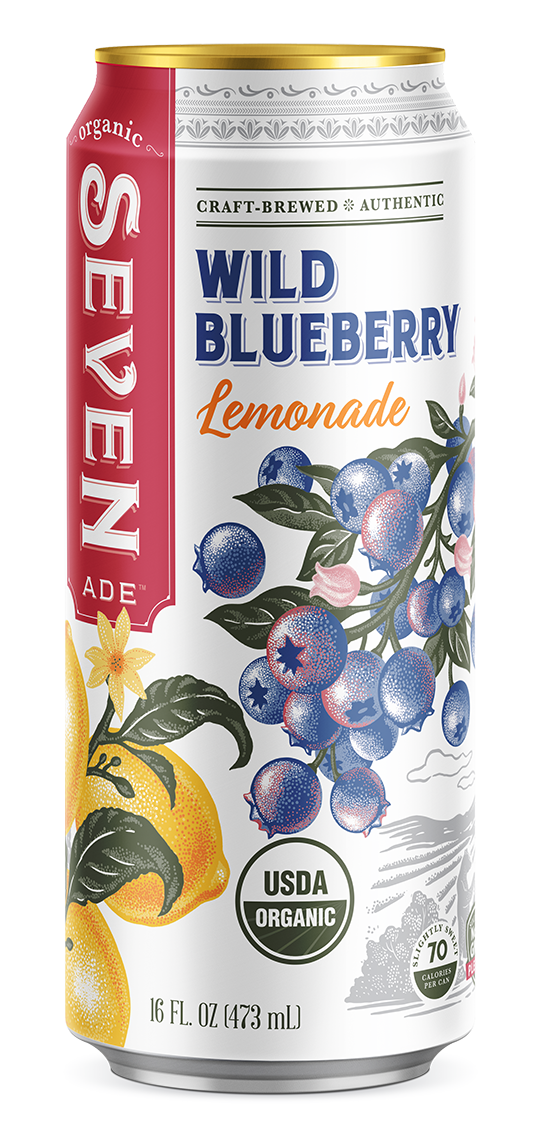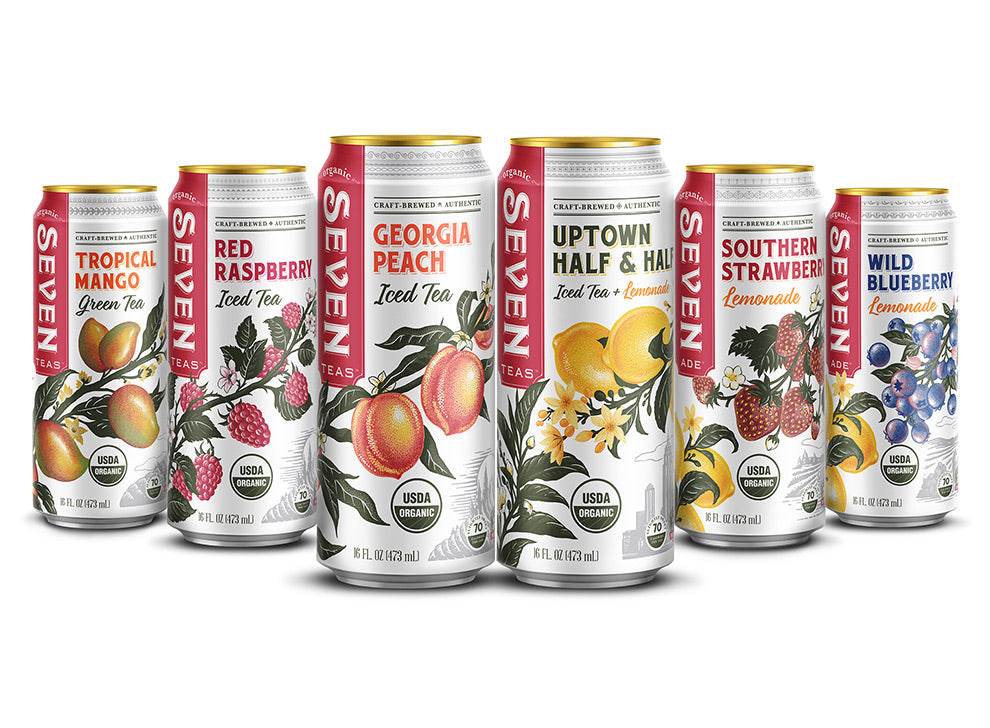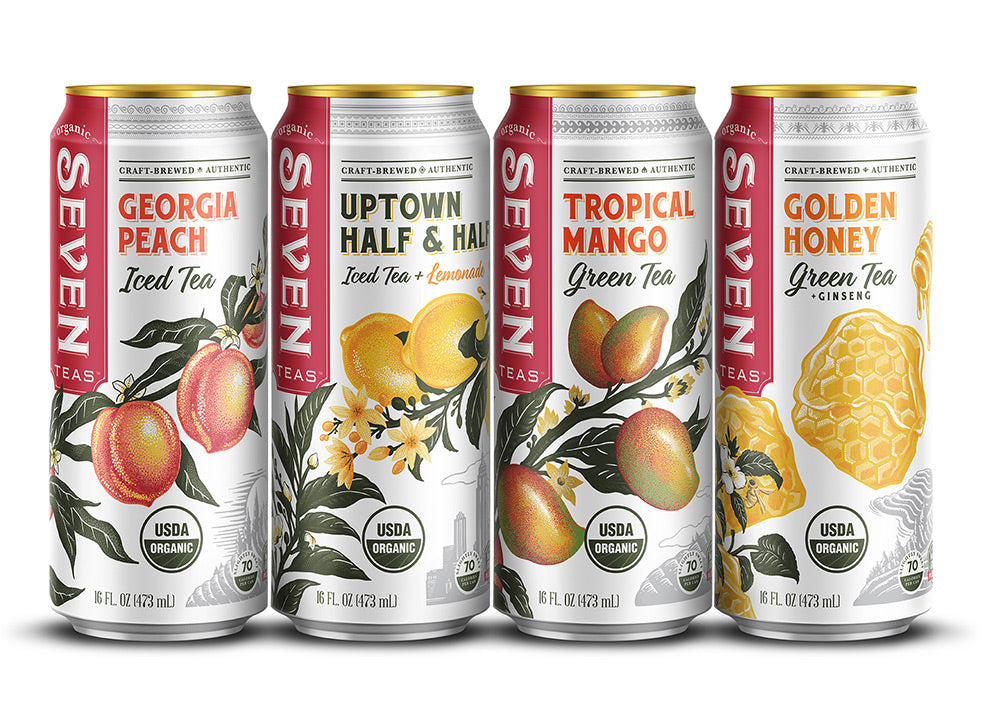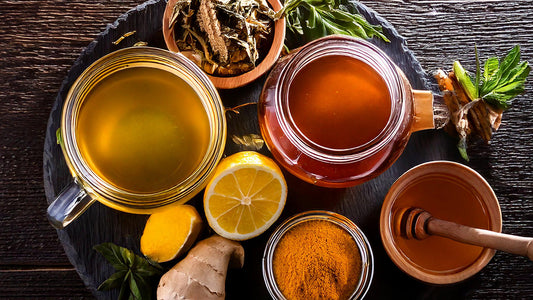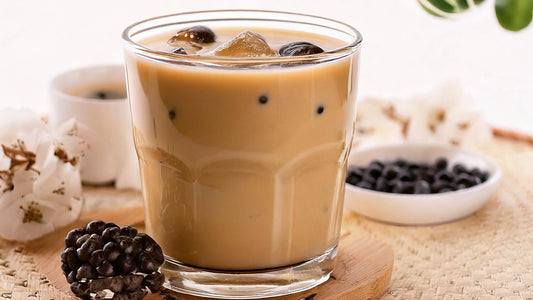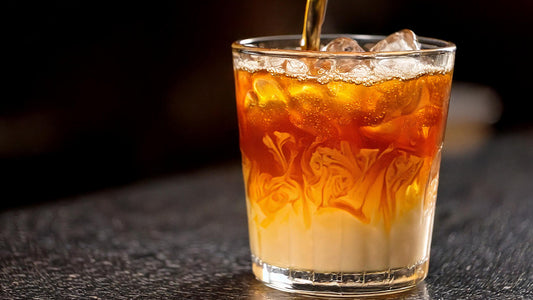Jasmine tea is a very popular tea option for enthusiasts and casual sippers. It’s easy to find yourself enchanted by the allure of jasmine tea. Behind this delicate brew is a rich history, intricate flavor profile, and a soothing aroma that transcends cultures.
In this blog, we’re going to navigate through the history of jasmine tea, its benefits, possible side effects, and alternatives to this flavor. So, if you want to learn more about this drink, then keep reading ahead!
Where Jasmine Tea Originated
Besides its taste, jasmine tea also has a rich history. This dates back to the ancient traditions of Chinese tea culture, particularly during the Song Dynasty, which was around 960-1279. During this era, infusing jasmine blossoms into tea leaves evolved into a refined art form.
Originating from the Fujian province in China, where the climate was abundant enough for jasmine blossoms to thrive, the region is proof of the artistry behind the creation of high-quality jasmine tea.
As globalization began to intertwine with tea culture, jasmine tea spread across continents, captivating the palates of tea connoisseurs worldwide. Today, different varieties of this fragrant drink can be found across the globe, each telling its own unique story of a medley of cultures.

What is Jasmine Tea, Anyway?
If you haven’t tried jasmine tea, you may be wondering what’s so special about this specific blend.
Jasmine tea is a tasteful blend of tea leaves, mostly green or white, and delicate jasmine flowers. Thanks to the jasmine blossoms’ enchanting aroma, it is transmitted to the tea leaves by undergoing a meticulous scenting process.
In a traditional sense, tea leaves are layered with jasmine flowers, allowing a beautiful blend and infusion throughout the night. The entire process is done several times until the tea is able to reach the desired aromatic richness.
It’s no secret that modern producers and manufacturers use artificial flavorings or essential oils instead to speed up the process. However, there are purists who prefer the more authentic process of the time-honored method.
Jasmine tea can be purchased in either loose-leaf or tea bag forms, depending on your preference for drinking tea. Those who are huge fans of jasmine tea have the privilege of choosing from an array of blends. It’s also possible to blend it with other herbs or flowers in order to add layers of complexity to the overall experience.
Is There Caffeine in Jasmine Tea?
If you’re conscious about your caffeine intake, you’re still able to drink jasmine tea as long as you read the caffeine content. The amount of caffeine varies depending on the base of the tea. Green-based jasmine tea generally has a lower caffeine content compared to black or oolong jasmine tea.
The low caffeine content found in jasmine tea is good enough to give a moderate energy lift, making it the perfect pick-me-up drink during the middle of the day. If you prefer to drink tea in the evening, then it’s also a good choice to bring some calmness to your nerves and help you in your sleep.
What are the Benefits of Jasmine Tea?
Besides its delightful taste, there are plenty of reasons why jasmine tea is loved by many. This blend comes with a set of potential health benefits, adding more to its allure.
1. Contains Antioxidant Properties
The blend of the jasmine flowers and tea leaves in this drink brings a potent source of antioxidants. This mixture plays an important role in neutralizing free radicals which contributes to your overall health and well-being.
2. Helps with Stress Relief
Jasmine tea is known to have calming effects which extend beyond its aromatic scent. Its soothing properties have been linked to the reduction of stress, which makes it your perfect drink of choice during a chaotic and hectic day.
3. Improves Digestion
Jasmine tea, especially when brewed with green tea leaves, is said to give digestive aid. Green tea has polyphenols that are known to promote improved digestive health, potentially reducing bloating and discomfort. So if you feel bloated after eating a meal or because of hormonal reasons, try drinking jasmine tea and see if it helps!
4. Maintains Heart Health
Drinking jasmine tea regularly has been heavily associated with positive effects on one’s cardiovascular health. The antioxidants found in jasmine tea can contribute to lower cholesterol levels and improved heart function.
What are the Side Effects of Jasmine Tea?
While it’s pretty safe to drink jasmine tea, it’s important to know that there are still potential side effects you need to know about. To make sure you’re allowed to drink this blend, the best way to find out is by having a consultation with your doctor about it. That being said, here are some potential side effects of drinking jasmine tea.
1. Allergies
If you’re allergic to jasmine, then it’s common knowledge to avoid this drink at all costs. Allergic reactions may manifest as itching, swelling, or difficulty breathing.
2. Caffeine Sensitivity
If you’re someone who’s sensitive to caffeine, specifically green jasmine tea, drinking in moderation is key in order to avoid adverse effects associated with excessive caffeine consumption.
3. Pregnancy Concerns
Pregnant individuals should watch how much caffeine they’re taking, including jasmine tea, and seek advice from healthcare professionals to make sure that they’re having a healthy pregnancy.
What Does Jasmine Tea Taste Like? 3 Distinct Flavor Profiles
So, what does jasmine tea taste like exactly? The best way to describe this tea blend is by exploring its complex flavor profile. Here, we’ve categorized it into three to make it easier to understand.
1. Floral and Sweet
The prevailing notes in jasmine tea are undeniably floral, with the infusion of jasmine blossoms imparting a sweet and fragrant quality that harmonizes seamlessly with the tea leaves.
2. Grassy Undertones
The undertones of jasmine tea depend on the chosen tea base. If you drink green jasmine tea, then you’re going to get a fresher, grassier taste. When it comes to black jasmine tea, you’re going to taste a deeper and more robust flavor profile.
3. Subtle Bitterness
There are some cases where the batch of jasmine tea you get can exhibit a mild bitterness, especially if the tea leaves are steeped for an extended period. To strike the perfect balance, adjusting brewing times is necessary to allow the floral and sweet notes to shine without being overshadowed by bitterness.
5 Alternatives to Jasmine Tea
If you’re personally not a fan of jasmine tea, or quite the opposite and love it but want to explore other options, here are five alternatives to jasmine tea, to help broaden your tea experience and embark on a unique floral and aromatic adventure.
1. Lavender Tea
The first alternative is lavender tea, which is also known for its calming properties and unique floral aroma. It’s no doubt that this is a fantastic substitute for jasmine tea. It provides a different floral profile that resonates with those seeking a unique sensory journey.
2. Chamomile Tea
Known for its gentle and soothing qualities, chamomile tea is another caffeine-free option with a light, floral taste distinct from jasmine. If you’re looking to wind down in the evening, then this is the perfect alternative for you!
3. Rose Petal Tea
If you’re looking for an alternative powered by floral notes, then why not try rose petal tea? This blend offers a delicate and romantic flavor. Sharing floral characteristics with jasmine, it introduces a subtle sweetness reminiscent of fresh roses.
4. Osmanthus Tea
Osmanthus tea presents an aromatic alternative with apricot-like notes. The delicate fragrance and sweet taste make it a delightful choice for those seeking a departure from jasmine's floral embrace.
5. Honeysuckle Tea
Lastly, if you don’t mind a subtly sweet and honey-like aroma, then honeysuckle tea is another great option to consider. It adds another layer to the floral tea experience. This alternative promises a fragrant journey reminiscent of warm summer days.
Conclusion
Jasmine tea is not just a beverage; it's a testament to the artistry and diversity thriving within the vast world of tea. With its roots deeply embedded in China, this exquisite brew captivates aficionados through its intricate scenting process, potential health benefits, and flavor profile as diverse as its rich history.
This beloved beverage has a timeless appeal for a reason, whether cherished for its calming effects, antioxidant richness, or its unique flavor. When it comes to tea culture, jasmine tea stands out, embodying the essence of tradition and innovation.
It encourages you to embrace the cultural heritage and diverse palate that these enchanting beverages bring. In every cup, the spirit of jasmine tea and its floral companions beckons, inviting you to indulge in the extraordinary symphony of fragrance and flavor that defines the captivating world of tea.
Curious about expanding your taste palate for high-quality teas? Browse through our extensive selection of brewed teas here and discover your next go-to drink here at Seven Teas!
